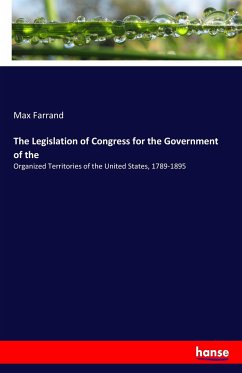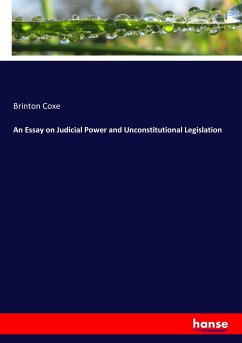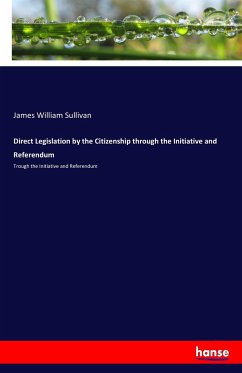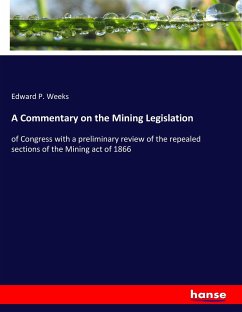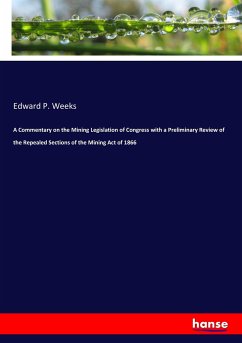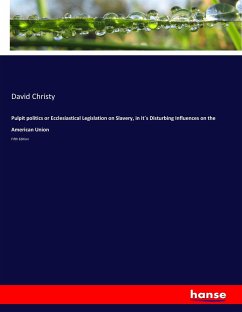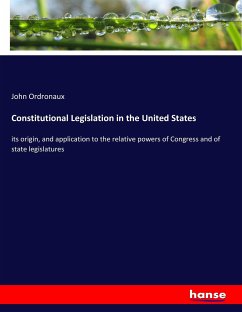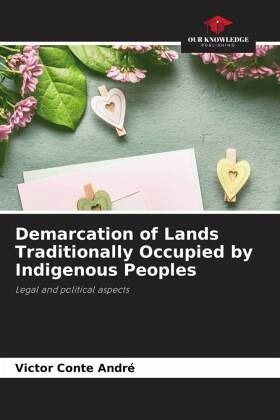
Demarcation of Lands Traditionally Occupied by Indigenous Peoples
Legal and political aspects
Versandkostenfrei!
Versandfertig in 6-10 Tagen
25,99 €
inkl. MwSt.

PAYBACK Punkte
13 °P sammeln!
This paper aims to investigate the social cause that motivated the creation of legal norms in relation to the demarcation of indigenous lands and the resulting social repercussions, thus establishing a relationship between social reality and the set of legal norms. The work's analysis is based on theoretical research. A bibliographical review discusses the state's treatment of indigenous rights and demonstrates the importance of recognizing legal pluralism in order to guarantee ethnic diversity in the country. In order to elucidate this plurality, the Raposa Serra do Sol indigenous land is use...
This paper aims to investigate the social cause that motivated the creation of legal norms in relation to the demarcation of indigenous lands and the resulting social repercussions, thus establishing a relationship between social reality and the set of legal norms. The work's analysis is based on theoretical research. A bibliographical review discusses the state's treatment of indigenous rights and demonstrates the importance of recognizing legal pluralism in order to guarantee ethnic diversity in the country. In order to elucidate this plurality, the Raposa Serra do Sol indigenous land is used as a case study. The judgment of the case by the Federal Supreme Court has become a major benchmark in terms of the rights of indigenous peoples, revealing debates that have called into question the principles and values that were in force until then, testing the commitment of the Federal Constitution to give effect to the rights of indigenous peoples.



